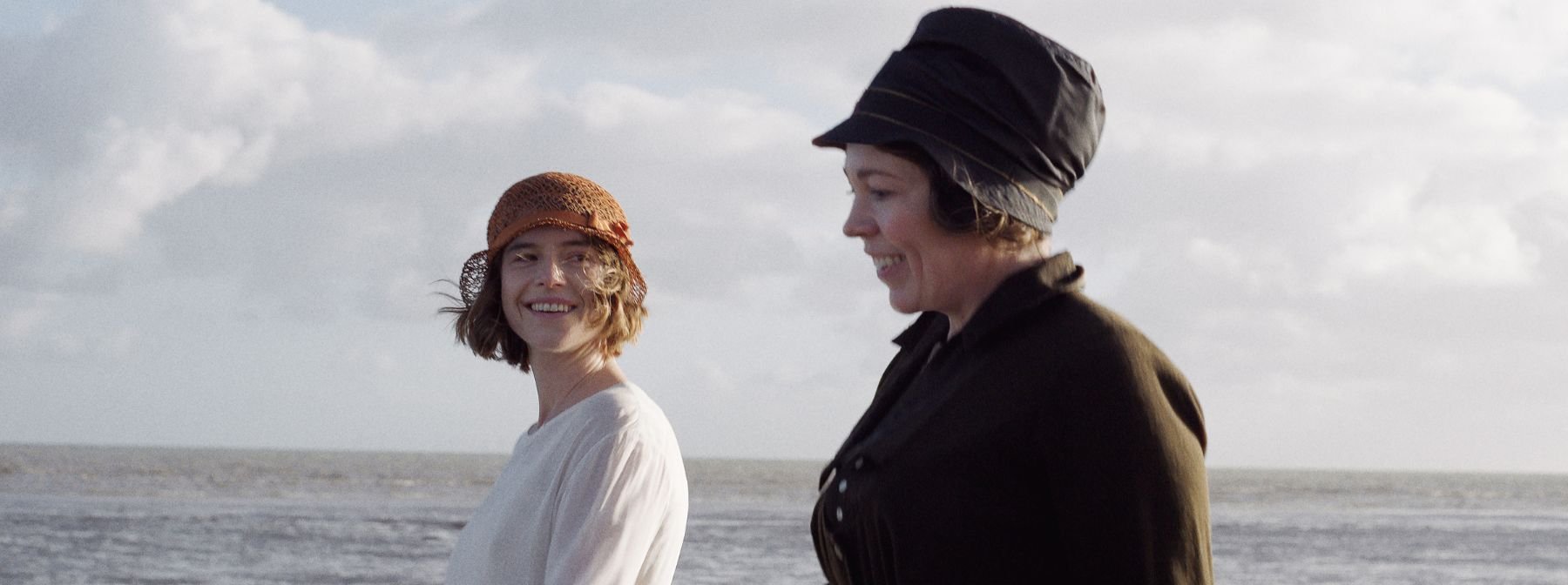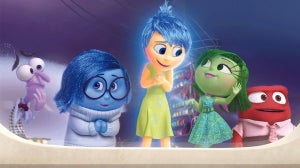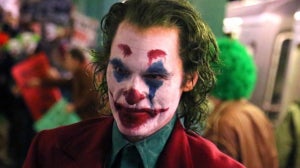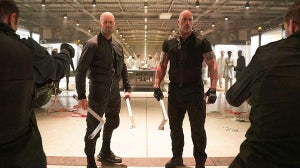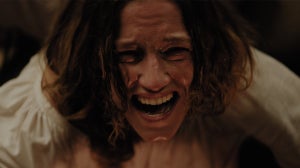
Truth is stranger than fiction – and for comedian turned screenwriter Jonny Sweet, adapting the odd “Littlehampton Letters” case for the big screen meant having to remove some of the more insane details.
He told Zavvi: “We’re faithful to the spirit of the story, but if you want to know what really happened, you’d have to sit down with a historian! There was so much in this case that was too ludicrous; we couldn’t use it all because audiences wouldn’t believe us.
“This has surprised a lot of people who have seen it, considering that the maddest, most idiosyncratic parts of the letters are word-for-word true, and scenes like people hiding in post boxes to try capture the culprit were also real things that happened!
“I was drawn into this story by the insanity of the letters, and the feeling that there was an interesting character writing them. It had the potential to be a fairly twisty mystery, as well as a funny story in its own right.”
Set in the early 1920s in the Sussex seaside town, Wicked Little Letters charts the rivalry between neighbours Edith Swan (Olivia Colman) and Rose Gooding (Jessie Buckley), which intensifies after Edith starts receiving threatening, foul-mouthed letters in the mail. With Rose being loud and outspoken, peppering expletives in her every sentence, she is presumed to be the culprit – it takes Gladys Moss (Anjana Vasan), one of the first female police officers in the country, to realise that this is more than a simple open-and-shut case.
Director Thea Sharrock wasn’t familiar with the true story prior to reading Sweet’s screenplay, and she was similarly bewildered by this unusual tale.
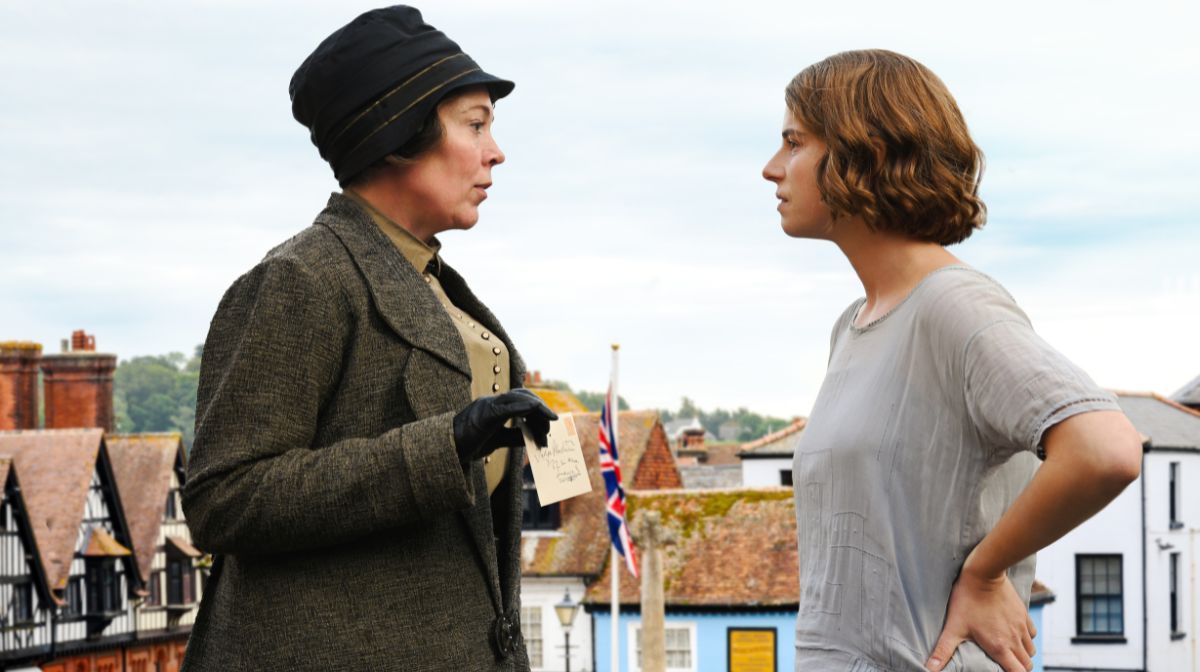
She told Zavvi: “I didn’t realise it was based on a true story, so it was shocking to discover that these people were real, and even more extraordinary to discover that the letters in the screenplay were near-identical to how they were written. And if they weren’t identical, then they captured that bewildering tone perfectly, which made me want to find out more about who would write something like this.
“As for any of the insults that weren’t in the real letters, Jonny tested most of them out on me, which is how we worked out whether they stuck or not. The letters were a big draw to this story, but the main draw were the depth of these characters, which was clear from that first reading.”
Although it can – and will – be enjoyed as a light comedy, the film has several weightier, period-specific details to grapple with. The widespread misogyny at a time when women still weren’t granted the right to vote is most apparent, especially via Edith’s controlling father Edward (Timothy Spall), but there’s also the anti-Irish prejudice of the era that ensured an Irish woman is the only suspect in the case, largely based on vibes alone.
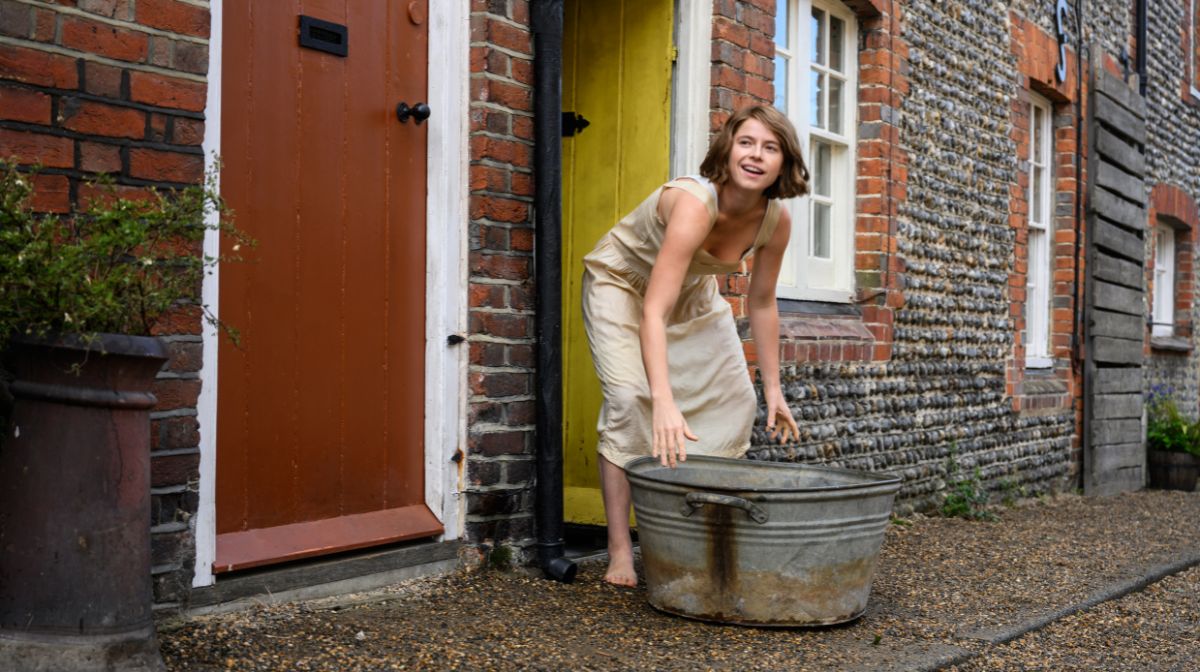
One of the things that struck Sharrock the most when reading the script for the first time was that it juggles these impactful themes whilst maintaining a lightness throughout, the full historical weight of the story not hitting her until she turned the last page.
“This history was like breadcrumbs placed throughout”, she continued. “And that feeds into the richness of these characters; their backgrounds have all led them to this moment in time, which shapes the way the behave like they do.
“I was completely drawn to this rich depth in the characters. It’s what transforms a really good story into an incredibly tightly told one.”
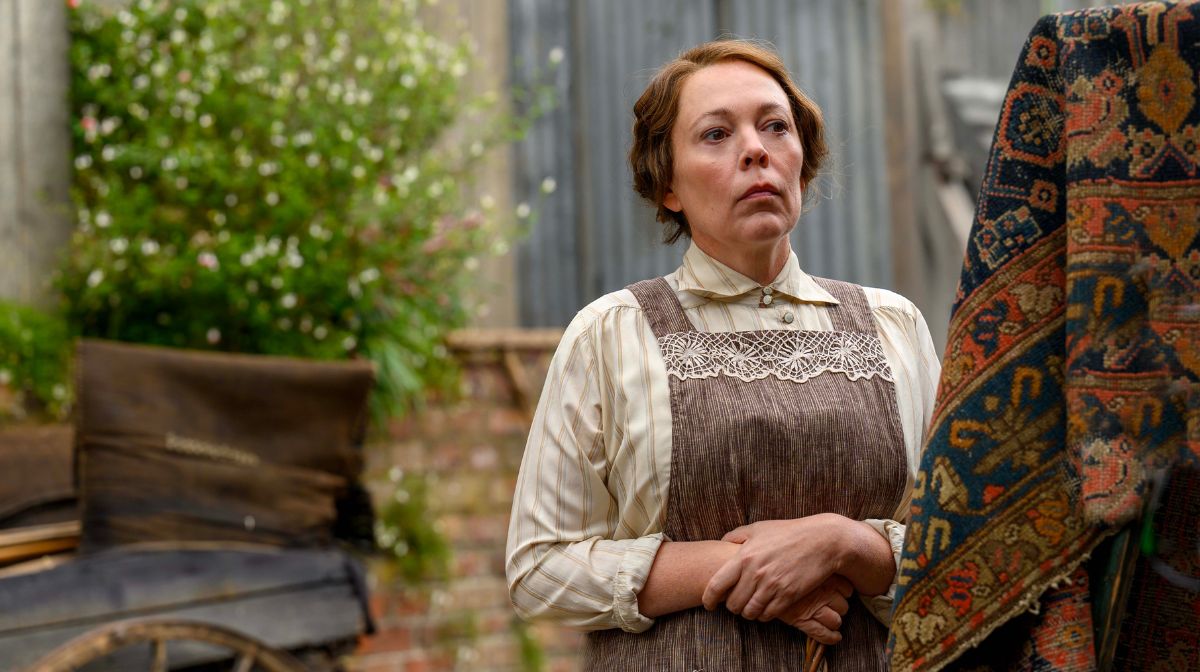
However, Wicked Little Letters shouldn’t be regarded as strictly a period piece, as there’s a relevancy to the story which resonates in the digital age, where your life could be turned upside down in minutes thanks to an ill-advised tweet. The tagline “Be Careful What You Post” could describe basic social media etiquette as much as the plot of the movie.
“It’s a great tagline, because it relates this story to us”, Sweet continued, “but it was surprising because it was a theme I always thought was very buried in the mix. We never talked about this being an allegory, and it wasn’t something I wanted to convey as a writer, but when you watch it, you can’t help but think about the kind of people who anonymously post wretched abuse online.
“This is a human facet which has endured for the 100 years or so since this story took place, and dates back even further than that.”
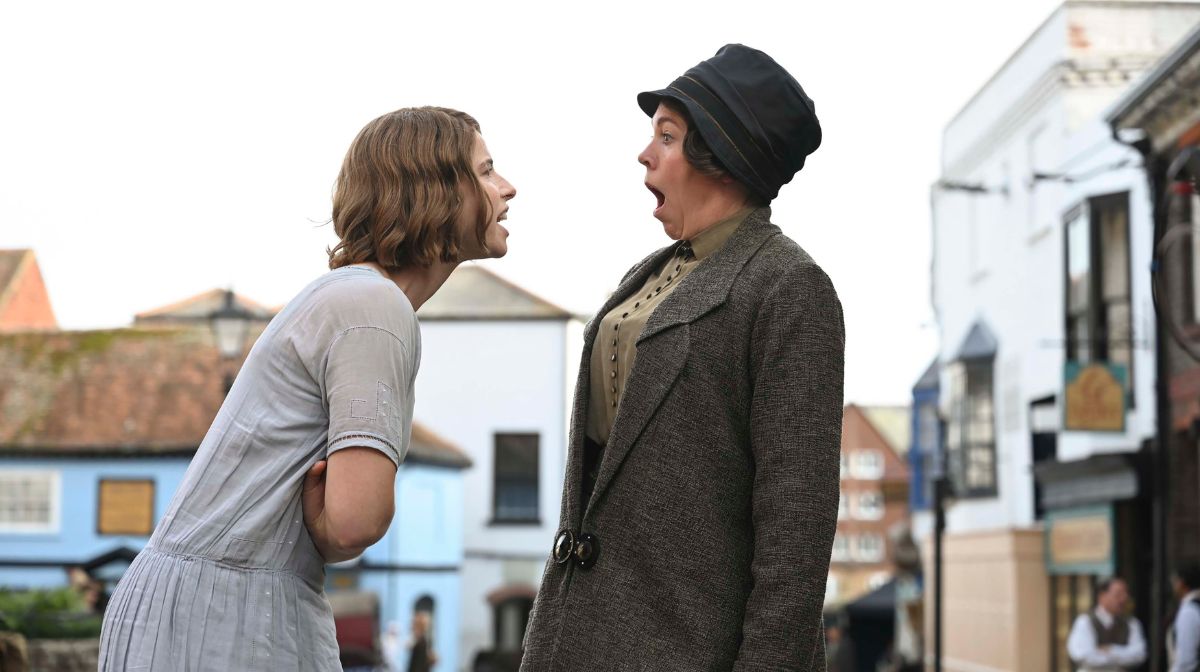
However, while Sweet thinks the relevancy of this story comes a distant second to the funny story he wanted to tell, Sharrock believes it only gives further weight to a comedy that’s far more impactful than it may first appear.
She said: “In one sense, things have changed enormously since then; there’s a difference between sending out a tweet the whole world can read, versus a private letter to one other person. They can both blow up, but in very different ways.
“However, the instinct behind a poison pen letter and a cruel tweet is the same, and that’s a part of humanity that will always exist. I don’t think we’ve changed in any way and I doubt we ever will – it’s one of the most interesting conversations this film brings up.”
Wicked Little Letters is released in UK cinemas on Friday, 23rd February.

